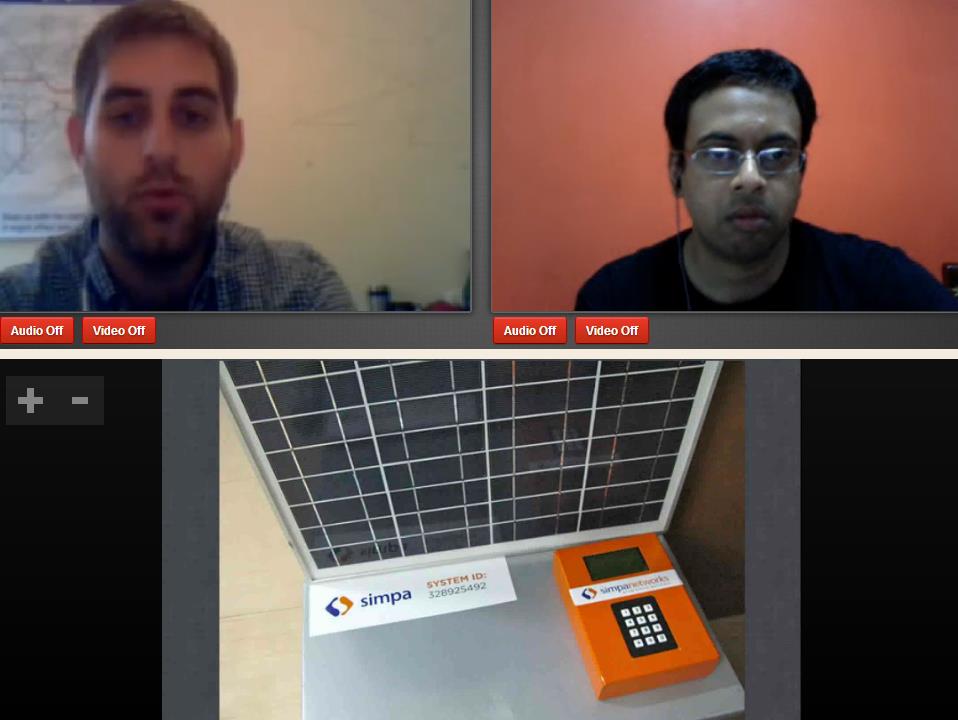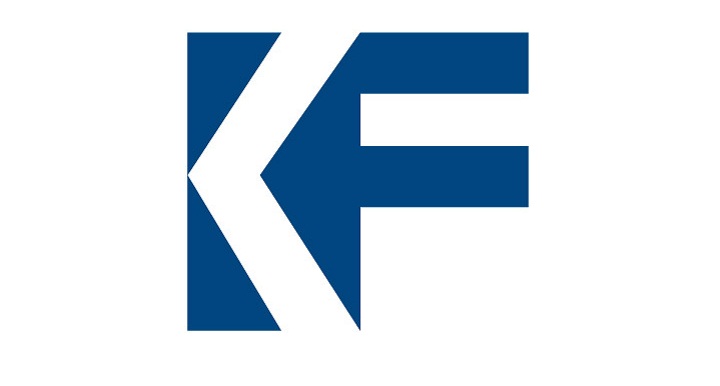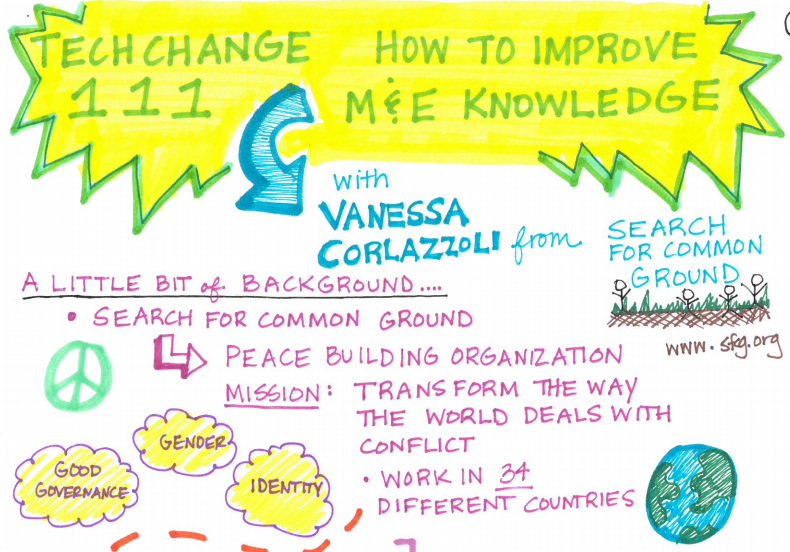[UPDATE: Course rescheduled for April 8th, 2013]
We’re very sorry to inform you that we are rescheduling the Digital Organizing and Open Government course that was originally scheduled to begin on this Monday, January 7. If you have already paid for a seat in the course, we will (of course) refund your tuition in full if you so desire, or we will hold your spot in the rescheduled course as well as offering you a complimentary seat in our upcoming course: Tech Tools and Skills for Emergency Management. The reason for this unexpected schedule change at such a late date is that the Lead Facilitator, Christopher Neu, dislocated his shoulder and will be unable to type for several weeks. Rather than find a last-minute replacement, we opted instead to offer the course at a later date with the original experience intact. We apologize for any inconvenience and still hope to see you in class!
[ORIGINAL POST]
We’re excited about starting class on January 7th! We’ve already received applications from Senegal, Italy, Egypt, Spain, Cameroon, Kenya, Sweden, Haiti, India, UK, and more. However, we’ve had a number of questions about the course format, content, experts, and exercises that we wanted to address in more detail. Please let us know if this helps!
HOW IS THE COURSE ORGANIZED?
We’ve designed our courses specifically to combine self-paced multimedia content with real-time video engagement with experts. We have also included hands-on exercises to get you familiar with the tools under discussion under guidance from our staff. Courses are expected to take 5-9 hours per week of effort with a minimum of one real-time interaction, but can also be completed up to three months after the end of live courses. Broadly speaking, these are the themes that will be discussed during the four weeks of the course:
- Week 1: Introduction to Core Themes (Jan. 7)
- Week 2: Tech Tools for Digital Organizing (Jan. 14)
- Week 3: Tech Tools for Open Gov and Open Data (US) (Jan. 21)
- Week 4: Final Project–Toward Global Open Government (Jan. 28)
WHAT KIND OF CONTENT CAN I EXPECT?
Part of the course revolves around reading the latest research and discussing as a class. To that effect, we’ll be exploring the latest research from leading experts on “liberation technologies” such as Patrick Meier; crowd-sourced manuals (including one of our favorite: The Outsider’s Guide to Supporting Nonviolent Resistance to Dictatorship); and other videos, blog posts, and academic research. We try to balance the readings to contribute to expert discussions so that participants can dive deeper into core content in their field.
WHO ARE THE EXPERTS?
We’re excited about the broad panel of experts that we’ve lined up to hold live class discussions via video over the four weeks.
- Kaushal Jhalla of the World Bank will be speaking about the challenges and potential of big data and development
- Jordan Menzel of CrowdHall on the topic of using technology for public engagement and accountable government
- Linda Raftree of Plan International, USA on open data and community engagement
- Wayne Burke of the Open Forum Foundation on building sustainable communities around open government.
HOW DO THE HANDS-ON EXERCISES WORK?
Moving beyond content and experts, we’ve designed hands-on exercises for each week of the course to familiarize students with the tools under discussion.
- Week 1: Explore application of social media tools with guides from Movements.org including Twitter and other social media.
- Week 2: Public access tools such as CrowdHall to be used for engaging public figures in dialogue.
- Week 3: Domestic/US-oriented open gov resources from Sunlight Labs including Open State Project, Stream Congress, and ClearSpending.
- Week 4: International final project exploring open government in your home country: How can you get involved?
We hope this helps! Please let us know if you have any other questions by leaving a comment, tweeting @techchange, or sending an email to chris [at] techchange.org. Thanks!



